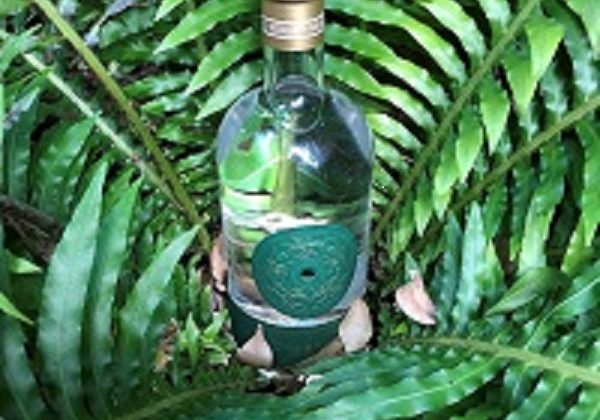State turns its attention to waste management—are your workers ready?

Waste management is set to be prioritised in Queensland following the state government’s budget injection announcement. The increased budget allocation will continue to focus priorities on how we deal with waste. One of the issues for many large construction, infrastructure, and resource companies is making sure the workers who deal with waste on the ground, know what to do, when to escalate matters to management, and how to keep themselves safe.
Green Ticket Director Bill Haylock said waste management was integral to environmental management within organisations, but unless the content filtered down to the workers on the ground and was implemented by them, the management plans didn’t fulfil their purpose.
“Environmental management plans are a waste of energy and time if the workers on the ground aren’t given the tools and knowledge to implement them,” Mr Haylock said.
“With increased investment in waste management by the state, it’s important organisations follow suit and invest in their workers to make sure they know what to do, when to do it, and how to do it.
“A worker at risk of violating waste management plans needs training that deals with their situation. They don’t need to know the legal statute that regulates that element of waste management; they don’t need to know the chemical breakdown of waste and the impacts on gas levels and climate change; and, they don’t need to know the cost savings for the organisation by correctly managing waste. What they need to know is what is a waste, how to store the waste, how to dispose of the waste, when to notify their supervisor if they see waste irregularities, and what these might look like.
“The worker, on the ground, needs to simply know that liquid wastes must be bunded, what that looks like, and what to do if they’re not. They need to know that hydrocarbon waste, such as oil filters and grease cartridges, are regulated waste and needs to be separated from the general waste stream. That to dispose of regulated waste document approvals must be obtained. They need to know that waste must be kept away from waterways. Essentially, they need to know what they can physically do in the course of their workday to deal with waste effectively and appropriately,” Mr Haylock said.
Green Ticket’s waste management digital training course is based on adult education principles that cuts through to the worker. The course includes visual, audio, and written material so that no matter how the worker best learns, they are catered for.
If you want to make sure your workers can interpret your waste management plans and can carry out your corporate environmental management principles, contact us on phone: 07 3368 1033.





